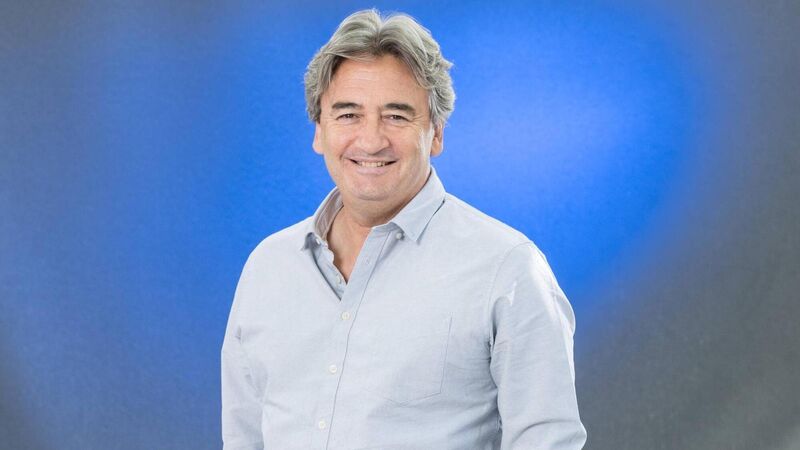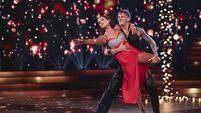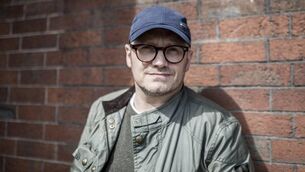Culture That Made Me: Fergal Keane of the BBC on Cork, Keats, and Vietnam

Fergal Keane will speak at symposium at UCC to mark a century of Cork University Press. Picture: Roberto Ricciuti/Getty
Fergal Keane, 64, grew up in Dublin and later Cork. In 1979, he began his journalist career with the Limerick Leader. In 1989, he joined the BBC, covering several conflicts, including the genocide in Rwanda. In 1997, he won a BAFTA for his Rwanda documentary, He has published several books, among them He’s a speaker at a symposium celebrating a century of Cork University Press, Thursday, September 11, at University College Cork.



